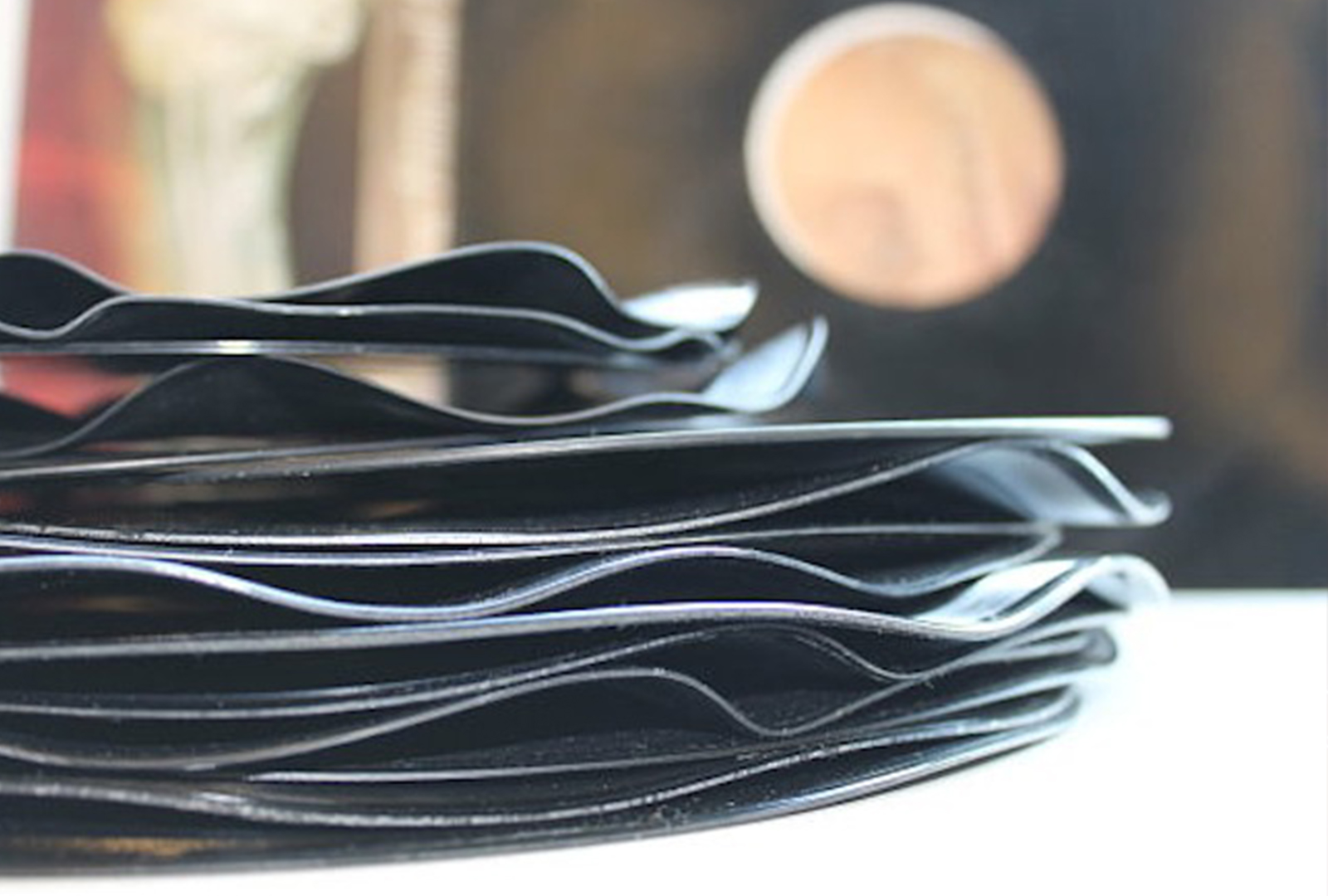Galliardist
Major Contributor
There's a sentence and a half that I initially wrote missing from my answer at that point, basically arguing that your "poorly thought out hypothesis option" isn't what I believe... I think we've reached consensus of a sort around this, that our senses are mostly right, or at least mostly useable. Sorry for ascribing the wrong argument to you.Sure, I take that to be a given. There’s a lot of automatic stuff going on. We may not actually be able to give reasons why we did certain things when we are “ riding on automatic.” However, we are also capable of focussed, linear, deliberative reasoning. So to understand why we did or felt something is always going to come down to specific examples, in terms of how we understand our actual motivations.
No precisely the opposite. I was not arguing for that proposition: I was arguing against that proposition. That was the whole point, using that as a reductio ad absurdum Illustrating a poorly thought-out hypothesis. It’s an exaggerated example of the liabilities in weighting scepticism too heavily in a thesis or explanation. So everything you wrote afterwards in that paragraph is what I agree with.
... so explain how you chose to have the original tube amp and the turntable, in non-subjective terms? I think you've already answered this a while ago for the turntable, but I'm trying to understand where the "tubes sound more real" decision came into your approach, relative to the decision to buy them. Also, isn't it the case that the "remove the old product" was objective to solve a problem, but the choice of replacement involved subjective listening as a key element? (Actually, I see auditioning as a key element in most of my own choices, so subjective experience is part of my process: and even if you design or buy a system without subjective auditioning, subjectivity catches up with you after purchase. I'm convinced we can't get away from it).I would give you a similar account of how I put together my system. For instance, just taking one choice: why did I replace my Thiel 3.7 speakers with my Joseph speakers?
It’s because the Thiel speakers proved to be too large for my room in terms of my aesthetic goals, and in terms of ergonomics.
My right channel speaker has to be placed near the room opening, and the big Thiels proved to be too deep and therefore blocked the entranceway. So I needed a smaller shallower speaker to solve those problems.
The Joseph speakers solved those problems.
I wouldn't devise an unconscious account, though. Rather, I believe that subconscious processes lead into our world view and affect our individual conscious choices. So a pair or speakers may make it onto a shortlist for my next pair, because I have a positive impression from hearing them at a show three years ago, for example - the subconscious impression is three years removed from the conscious decision, but is still a factor in the final choice.Once again, Is there unconscious “ noise” in that system? Sure. But in terms of explanations, I suggest the reasons I am conscious of map better to explaining my choice than some alternative unconscious account that you might devise.
I think again this is a bad choice of words on my part. I shouldn't have used the line "You don't seem to know". It does feel that your justification is subjective. That's not an issue as you aren't asking us to accept it as objective fact for all.I disagree. To acknowledge “ I could be wrong wrong” doesn’t mean that a conclusion isn’t justified. We could be wrong about anything: that’s why we have ways of justifying conclusions even in the face of a lack of Absolute Certainty: we use heuristics like plausibility, coherence, explanatory power, etc.
So to me, my working hypothesis of why I chose my amps and reasons I gave for preferring the tube sound are justified enough.
I think I've pushed this conversation far enough. Let's get back to vinyl...

